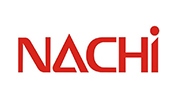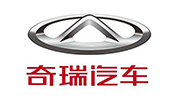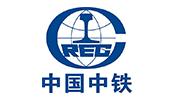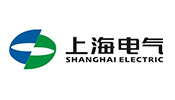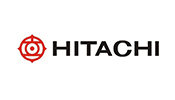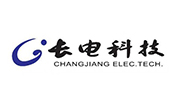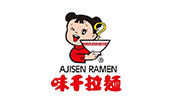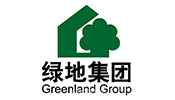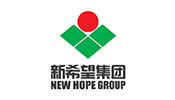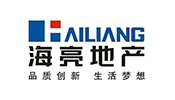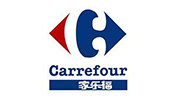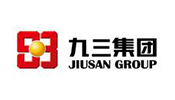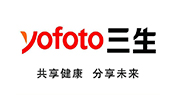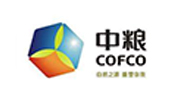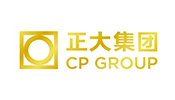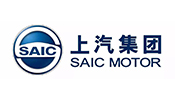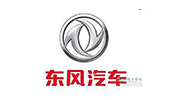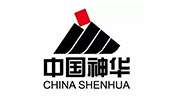首页 >> Import cases >> New energy
Customs Knowledge: Import of Traditional Chinese Medicine
source:http://www.jtia56.cn time:2023-10-10 21:38:01
China implements strict and standardized management on the import of traditional Chinese medicine, and customs also have a complete set of management standards for the supervision of imported traditional Chinese medicine. Now let's learn about the relevant knowledge of importing traditional Chinese medicine
Part 01: How to Manage the Import of Traditional Chinese Medicine by the Country
Traditional Chinese medicine refers to the medicinal parts of medicinal plants and animals, which are harvested and initially processed to form raw materials. China implements designated port management for the import of traditional Chinese medicine, which should be imported from drug import ports approved by the State Council or drug import border ports.
Why Should Part 02 Establish Designated Ports
The establishment of designated ports not only conforms to international practice, but also meets the requirements of Chinese laws and regulations (such as the "Measures for the Administration of Import and Export Food Safety" and the "Measures for the Supervision and Administration of Entry and Exit Traditional Chinese Medicine Quarantine"). It can also effectively block and prevent foreign plant epidemics, diseases, and harmful organisms from entering China through measures such as qualification management and scope control.
Part 03 Conditions for Establishing Designated Ports
The border port for the import of traditional Chinese medicine should be a border port with established customs agencies and the ability to supervise the import of medicinal materials through customs. The drug import port should be a prefecture level and listed port with established customs agencies and the ability to supervise imported drugs through customs. The State Food and Drug Administration and the General Administration of Customs will assess and evaluate the declared ports in accordance with relevant requirements, and those that pass the assessment will be submitted to the State Council for approval.
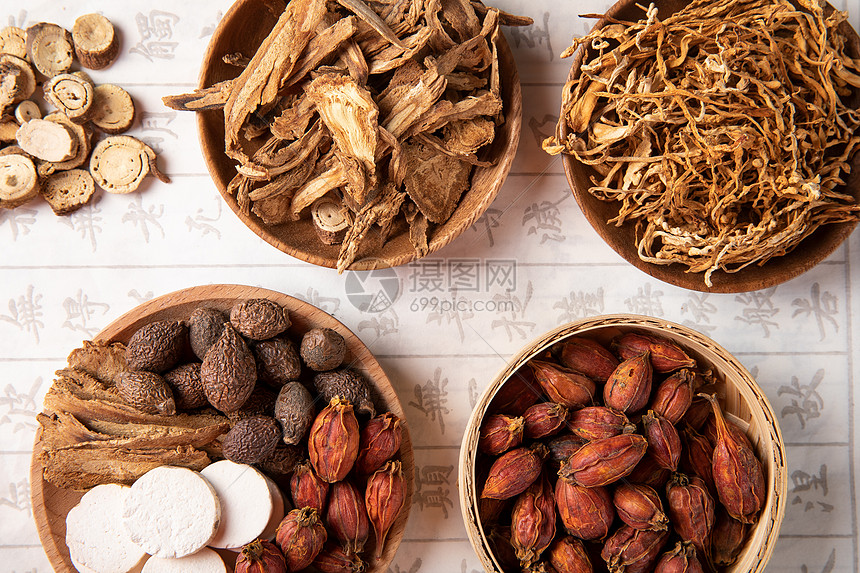
Part 04: Which ports in the country can import Chinese medicinal materials
Drug import port:
All ports under the jurisdiction of 19 cities, including Beijing, Tianjin, Shanghai, Dalian, Qingdao, Chengdu, Wuhan, Chongqing, Xiamen, Nanjing, Hangzhou, Ningbo, Fuzhou, Guangzhou, Shenzhen, Zhuhai, Haikou, Xi'an, Nanning, as well as Suzhou Industrial Park ports, Jinan Airport ports, Changsha Airport ports, Zhengzhou Airport ports, Shenyang Airport ports, Wuxi Airport ports, etc Jiangyin Port, Changchun Airport Port, and Zhongshan Port in Zhongshan City.
Border ports for importing medicinal materials:
Heihe and Dongning in Heilongjiang Province, Ji'an, Changbai, Tumen and Sanhe in Jilin Province, Erenhot and Manzhouli in Inner Mongolia Autonomous Region, Aidian, Pingxiang, Dongxing and Longbang in Guangxi Zhuang Autonomous Region, Ruili, Tianbao, Jinghong and Hekou in Yunnan Province, Alashankou, Khorgos, Turgat and Hongqilafu in Xinjiang Uygur Autonomous Region, Zhangmu, Jilong and Pulan in Xizang Autonomous Region and other 23 border ports.
The detailed list of ports can be found on the official website of the National Drug Administration( https://www.nmpa.gov.cn/ )Conduct a review.
Part 05 Which Chinese medicinal materials can be imported
At present, China has nearly 90 countries and regions that have access to and have traditional trade records, and there are over a hundred types of medicinal herbs. The specific information on the countries (regions) and varieties that have been granted quarantine access can be found in the "List of Approved Import and Export Countries and Regions of Chinese Medicinal Materials" of the Animal and Plant Quarantine Department of the General Administration of Customs (query link: http://dzs.customs.gov.cn/dzs/2746776/4445554/index.html )Search inside.
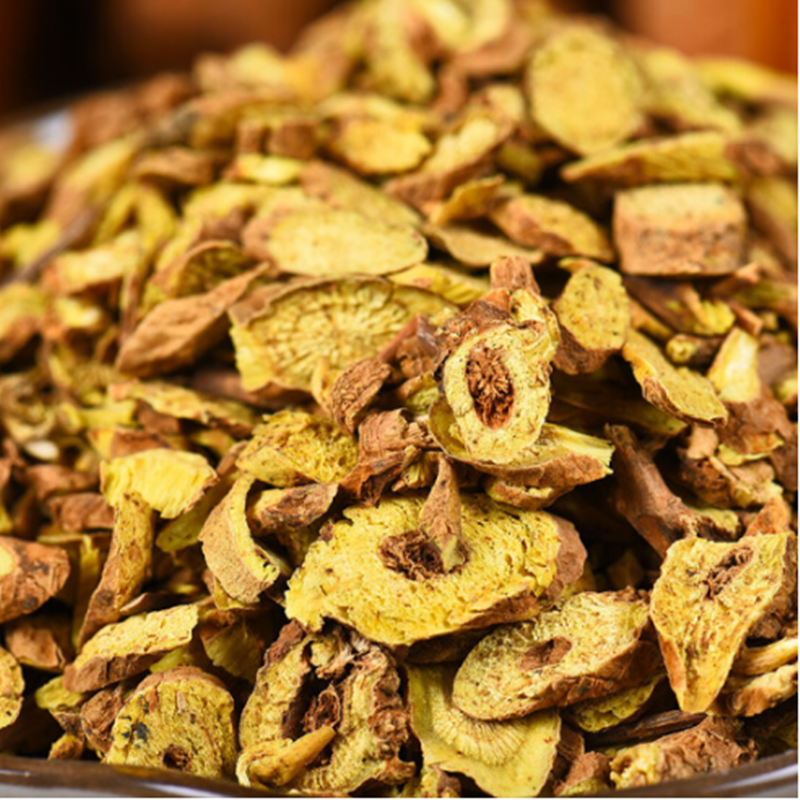
How does Part 06 Customs supervise the import of traditional Chinese medicine?
1. Quarantine Access
The General Administration of Customs implements a quarantine access system for imported Chinese medicinal materials, including product risk analysis, regulatory system evaluation and review, determination of quarantine requirements, registration of overseas production enterprises, and entry quarantine.
2. Registration of Overseas Enterprises
The General Administration of Customs, based on the results of risk analysis, determines the list of medicinal herbs that need to be registered overseas and implements dynamic adjustments. The General Administration of Customs implements registration for overseas production enterprises exporting medicinal herb varieties that require overseas registration to China, with a registration validity period of 4 years.
3. Quarantine approval
For imported Chinese medicinal materials that require approval for entry animal and plant quarantine, the consignor or their agent shall obtain the "Entry Animal and Plant Quarantine License of the People's Republic of China" in accordance with the "Measures for the Administration of Entry Animal and Plant Quarantine Approval" before signing the trade contract.
4. On site supervision
Document review - The customs accepts enterprise declarations and verifies whether the materials submitted by the enterprise comply with the requirements of laws, administrative regulations, and customs import goods declaration management regulations.
Goods inspection - Customs conducts port inspections of imported Chinese medicinal materials according to business system instructions, mainly including:
(1) Check the departure time and port, passing countries or regions, loading list, etc., and verify whether the documents are true and valid, and whether they match the name, quantity (weight), export country or region, shipping mark, mark, overseas production enterprise name, registration number, etc. of the goods;
(2) Whether the packaging is intact, whether it contains animal and plant based packaging, bedding materials, and complies with the provisions of the "Law of the People's Republic of China on the Entry and Exit Animal and Plant Quarantine" and its implementation regulations, as well as the supervision and management measures for the quarantine of wooden packaging of imported goods;
(3) Are there any signs of spoilage or deterioration in traditional Chinese medicine, carrying harmful organisms, animal excrement or other animal tissues, and carrying animal carcasses, soil, and other prohibited substances.
5. Laboratory testing
If diseases, pests, or symptoms of pests are found during on-site quarantine, or if laboratory quarantine is required according to relevant work procedures, the customs shall take samples of imported Chinese medicinal materials and send them to the laboratory.
6. Designated place for storage and processing
Before obtaining the quarantine certificate, Chinese medicinal materials should be stored in a location recognized by the customs. Without customs permission, no unit or individual is allowed to transfer, sell, or process them without authorization.
7. Evaluation of quarantine results
Imported Chinese medicinal materials can only be sold, used, or stored or processed in designated enterprises after passing quarantine inspection and obtaining a "Certificate of Inspection and Quarantine of Imported Goods" from the customs.
8. Handling of unqualified quarantine products
If the quarantine is not qualified, the customs shall issue a quarantine treatment notice, and the owner or his agent shall carry out disinfection, return or destruction under the supervision of the customs. Those who pass the disinfection treatment shall be allowed to enter the country.
9. Quarantine treatment of transportation vehicles
The means of transportation and containers for transporting imported Chinese medicinal materials shall comply with safety and hygiene requirements. If epidemic prevention and disinfection treatment is required, it shall be carried out under the supervision of the customs at the entry port. Without the permission of the customs, imported Chinese medicinal materials shall not be unloaded from the means of transportation, containers, or transported.
Thank you for reading. If you have any import related questions, please feel free to contact our company.
24-hour global service hotline: 18521306667
Group distribution: Shanghai/Ningbo/Jiangsu Tianjin/Beijing/Dalian/Qingdao Shenzhen/Guangzhou/Xiamen/Hong Kong Wuhan/Chengdu


